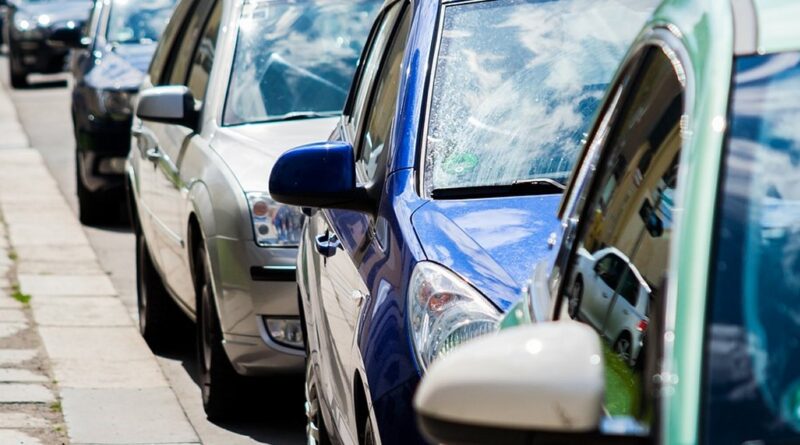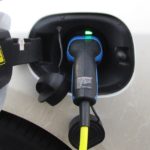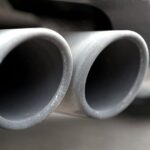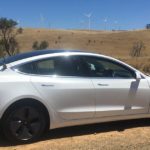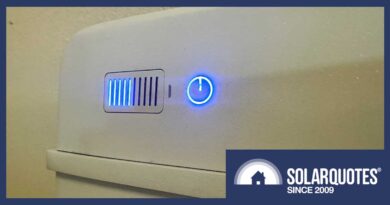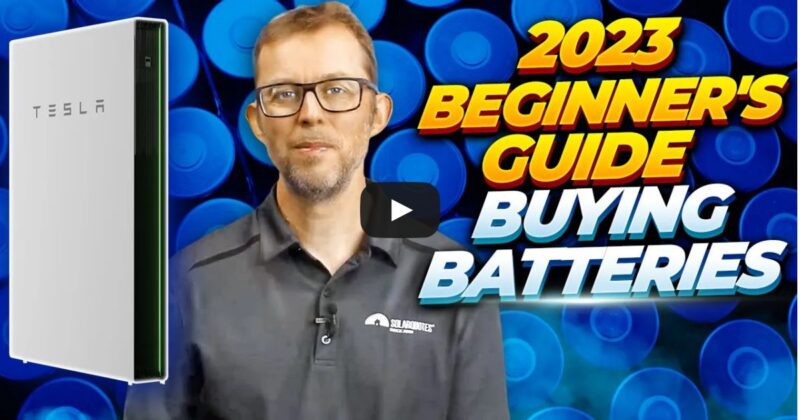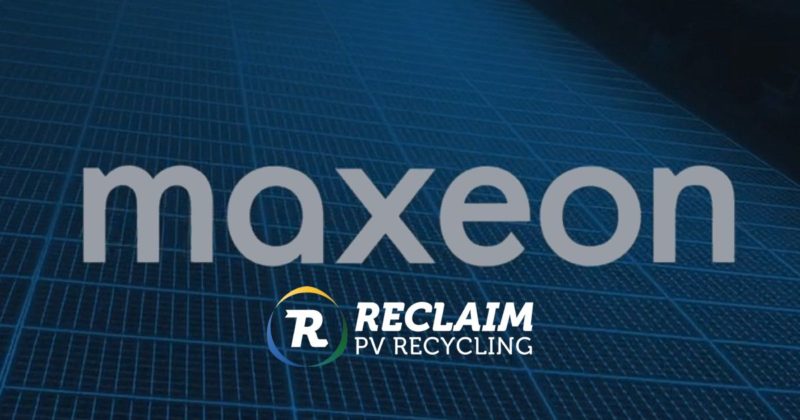Recharging Australia With Strong Fuel Efficiency Standards
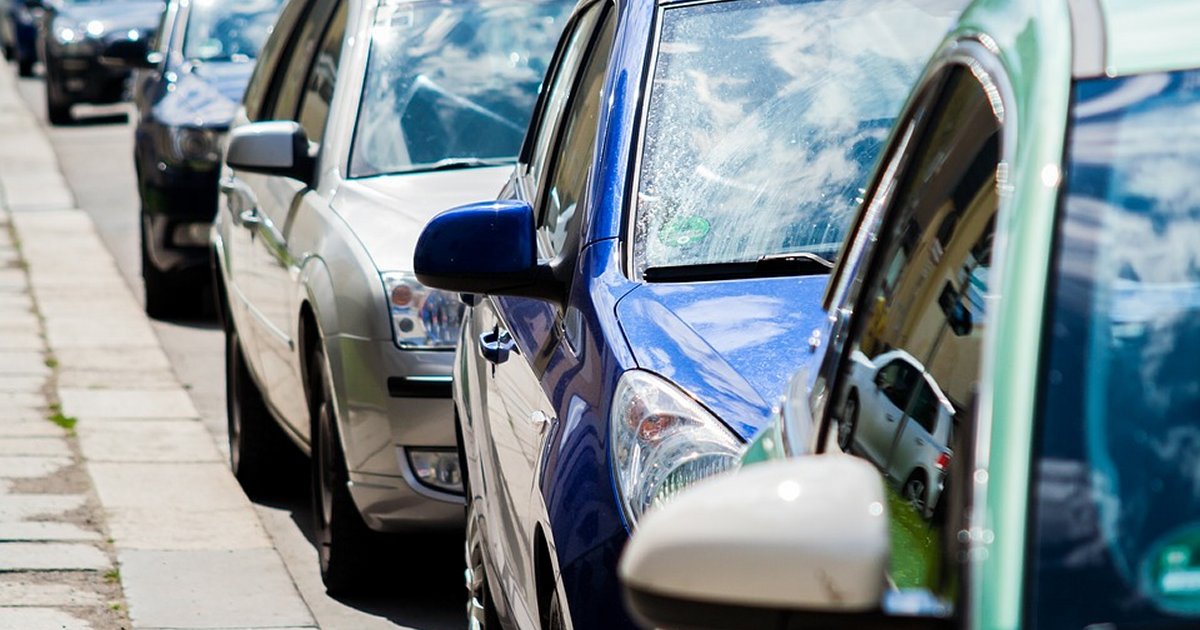
How much could Australian motorists collectively save with strong fuel efficiency standards in place? $11 billion over five years claims a new report. Here’s how.
What Are Fuel Efficiency Standards?
Fuel efficiency standards involve an average emissions or efficiency benchmark/target set for vehicle manufacturers. A manufacturer’s performance against a target is based on the average of what they sell across their fleets over a year within the country where a standard exists. The standards may be tightened over time, further pushing down average emissions.
This doesn’t necessarily stop a manufacturer from shipping its petrol guzzlers into countries with mandatory fuel efficiency standards, but it’s required to offset the emissions impact with very low or zero emissions vehicles. Going above the average emissions limit results in hefty financial penalties for the manufacturer.
There’s very strong incentive for manufactures to ship their more fuel- efficient internal combustion engine (ICE) and electric cars to countries with fuel efficiency standards – and to dump more emissions-intensive vehicles in countries that don’t.
More than 80% of cars sold globally are already covered by such standards. But the lack of mandatory fuel efficiency standards in Australia means we get more petrol-guzzlers; with Australians paying the price at the pump and our planet paying the price at the tail-pipe.
Why Don’t We Have Fuel Efficiency Standards Yet?
The answer is simple – up until reasonably recently, a lack of political will from the party in power. When Labor signalled its intentions to introduce fuel efficiency standards if it won the 2019 election, this was met with a bunch of misinformation and disinformation from those opposed. This included a Liberal Facebook campaign proclaiming:
“Labor’s car tax would mean higher prices on some of Australia’s most popular cars.”
The standards are not a tax. SQ’s Ronald went into detail as to what fuel efficiency standards are/aren’t in this article.
How Much Could Motorists Save?
According to a report released by Solar Citizens yesterday titled Recharging Australia, a fuel efficiency standard for light vehicles in line with that of the European Union would save Australian motorists $11.2 billion in fuel costs over five years. And the financial benefits would be greater for regional drivers as they tend to have a higher rate of car ownership, longer average commutes and pay more at the pump.
Of course, there’s also the very nice bonus of cleaner air!
“With Australians facing high interest rates, high fuel prices and energy bills, saving at least $11.2 billion over five years and $52 billion over ten years would be welcome news for Australian families,” said Solar Citizens’ Clean Transport Campaigner Ajaya Haikerwal.
Solar Citizens says introducing EU-aligned standards will greatly accelerate availability, affordability and uptake of electric vehicles; estimating registrations could grow to more than 913,359 in five years.
Mr. Haikerwal pointed out that with millions of Australian households and businesses reaping the rewards of installing solar power systems, the “perfect way” to slash petrol bills is to combine rooftop solar with electric vehicles.
Where’s Australia At With Fuel Efficiency Standards Now?
In the lead-up to the last election, Labor was more cautious about expressing its desire for introducing these standards. But with the election out of the way and Labor at the helm, the Albanese Government released a discussion paper for its National Electric Vehicle Strategy in September last year. The 18-page paper mentioned the term “fuel efficiency standards” 18 times.
According to an analysis of the 212 submissions from organisations, 73% were in favour of a fuel efficiency standard – and none opposed.
So, it would appear the Albanese Government has plenty of support for their introduction. It’s not clear what or when the next move will be, but it’s certainly time to put the pedal to the metal.
Original Source: https://www.solarquotes.com.au/blog/recharging-australia-standards-mb2878/

